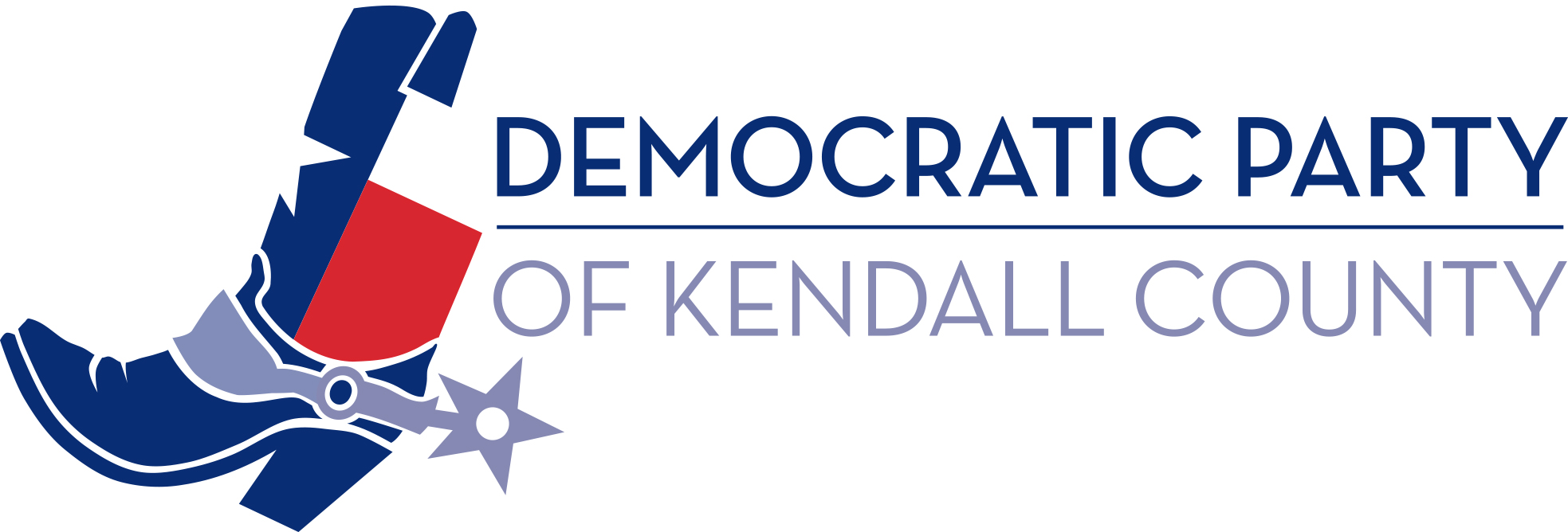by Steven M. Smith, Ph.D.
for the “Progressive Views” column, Boerne Star, August 2, 2019

“There cannot be greater rudeness than to interrupt another in the current of his discourse.”
John Locke
The most difficult issues we face in life, according to Ken Cloke, whether as organizations, societies, or nation-states, cannot be resolved by individuals either acting alone, elites acting autocratically, or factions acting in their own exclusive self-interest. They can only be resolved by coming together across our differences, listening and talking to one another, exploring our disagreements, working collaboratively, reaching consensus and deciding what to do democratically. Resolving our differences and acting jointly in the interest of the whole is paramount.
Yet working collaboratively with those who are different and those with whom we dislike and disagree, even those whose actions we find repugnant, requires a higher order of listening. John Marshall once remarked that, “To listen well is as powerful a means of communication and influence as to talk well.” Dialogue, negotiation, and conflict resolution efforts can be exhausting. To listen openly and honestly, to present opinions and interests that diverge sharply from our own can be more than just uncomfortable. As a result we often act unilaterally and thereby ignore the needs and desires of those who do not agree with us. Albert Camus (1913—1960) was a French-Algerian journalist, philosophical essayist, and Nobel laureate; Camus stated that, “We live in terror because dialogue is no longer possible, because man has surrendered entirely to history, because he can no longer find that part of himself, every bit as real as history, that sees beauty in the world and in human faces.”
When we act individually or unilaterally and in our own exclusive self-interest in matters that directly impact others, often without including or even informing them, they feel disrespected and are more inclined to resist and respond in ways that trigger conflicts. Our history as a species is replete with examples of problems made far worse by refusals to listen, to reject communication, to dismiss dialogue, to isolate participation, and to exclude those others from decision-making. The difficulty is not whether to engage in dialogue over political issues, but how to do so. The issues are complex and contentious. Each side has experienced issues that have neither been recognized nor acknowledged.
How then does recognition and acknowledgment begin when both sides feel unheard? Not through more stern refusals to communicate, or through violence which only exacerbates problems and make relationships worse, but through open, honest and empathetic dialogue. Jane Goodall stated, “Change happens by listening and then starting a dialogue with the people who are doing something you don’t believe is right.” Dialogue is the best way to resolve problems. It is the only way to reach decisions that are acceptable to everybody. Dialogue is the primary means of avoiding or resolving conflict. What separates democracy from other political philosophies is the principle and practice of solving differences first and foremost through dialogue.
If one has ever witnessed a Parliamentarian debate in the U.K. House of Commons, it is a raucous affair to say the least. In the United Kingdom, Parliament is the forum where a plurality of views needs to be heard. “Plurality of views” means including all voices in the political debate: men-women, young-old, rich-poor, minorities and indigenous peoples. The ability to listen and understand is sometimes more important than our ability to speak. However, since 2017 the ability to speak in political arenas has been afforded to a very few elitist demagogues. Those demagogues are President Trump and Senate Majority Leader Mitch McConnell.
How could any sane person in their right mind believe that a ‘Tweet’ from the President of the United States of America sent in the early hours of the morning be dialogue? If it was a national emergency, one could assume the worst. The President’s tweets are for the most part self-aggrandizement and egocentric self-indulgence. The important issue is that ‘tweets’ are not a dialogue. Trump’s ‘tweets’ are merely ‘I tweet and you read;’ there is no avenue for dialogue. The basis of a democracy is that all voices have a sense of place in the discourse. That sense of place is a voice on the floor of the House and floor of the Senate. Senate Majority Leader McConnell has done all in his power to prevent bills to be brought to the floor of the Senate for debate. This stifles dialogue. Dialogue is foundational to a democracy. Dialogue is paramount!



